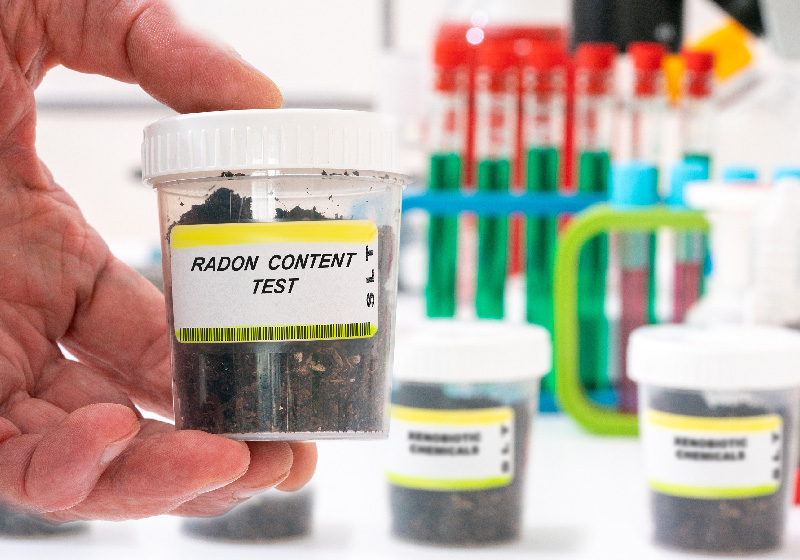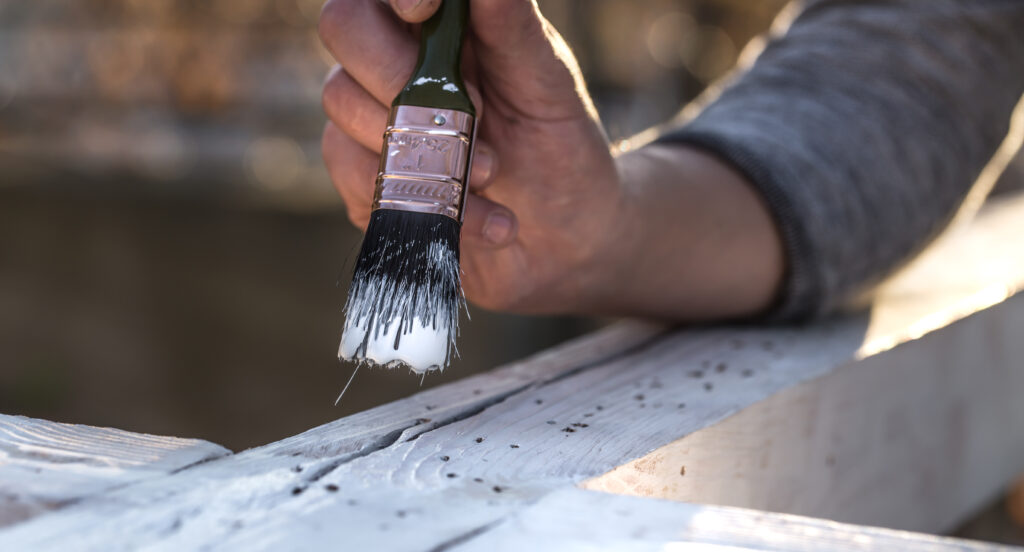Every year, people all around the world make resolutions to live a little more productively, pick up a healthier lifestyle, and maybe make smarter choices with their money. While many resolutions revolve around bettering their own lives in some way, most should consider whether they’ve been showing their homes the same amount of care and attention. The unfortunate truth is that many homes carry hazards that owners are completely unaware of, hazards that present a very real and persistent threat to their own health and the health of their families.
Radon is a colorless, odorless, radioactive gas that infiltrates homes through natural processes such as through miniscule cracks in the foundation or through drinking water. Homes everywhere are impacted by radon to a certain extent, but homeowners continue to be mostly unaware of the ever-present danger that this gas poses as the second leading cause of lung cancer in the US. According to the EPA, radon is responsible for about 21,000 lung cancer deaths every year, and 2,900 of those deaths were people who never smoked in their lives.
January is known as National Radon Action Month, a time to bring awareness to the increased efforts each state is taking to fight radon and to alert unaware homeowners that the time is now to learn the condition of their homes. Although the CDC rightly advises that there is no safe level of radon, knowing the levels of your home can help you determine what mitigation efforts best fit your needs. Radon testing is essential to ensure a healthy home environment for families, but not all testing is created equal.
Free Charcoal Test Kits
One advancement that many states have been making when it comes to radon awareness and defense is the availability of free testing kits. Today, nearly every state offers a program where homeowners can order do-it-yourself test kits that are meant to give a general idea regarding the level of radon within a home. The problem is that these free tests don’t give the full picture, and they can often be misleading regarding the status of radon in a house.
Charcoal test kits, which tend to be the free option available in most states, are based on the ability of charcoal to absorb radon gas between a few days and up to a few months, taking advantage of how these materials naturally react to one another. While these tests seem user-friendly and are certainly cost effective, they face a number of hurdles that ultimately make them unhelpful more times than not.
For one, while charcoal is meant to absorb radon throughout its test period, radon isn’t the only element known to affect charcoal. The National Library of Medicine took a deep dive on the subject, placing the effect of humidity, time table, and temperature under consideration as influencing factors for the effectiveness of charcoal as a radon test. Put simply, charcoal test kits can be distorted by natural factors, even in controlled scenarios. With free test kits, results are also affected by inevitable mistakes untrained homeowners may potentially make.
The Environmental Protection Agency recommends that homeowners order tests through state or nationally certified radon testing professionals for a number of reasons beyond the fact that specially trained contractors have the knowledge to aid a more accurate reading. First, licensed or certified contractors are subject to one of the two recognized radon proficiency programs: the National Radon Proficiency Program (sometimes also known as AARST or the Indoor Environments Association) and the National Radon Safety Board. Certified professionals perform radon tests that aren’t subject to the same user error probability in DIY home tests.
Additionally, certified professionals use labs that are regulated while consumer labs aren’t required to have any certification whatsoever. Radon is a prominent danger in homes throughout the U.S., and although more access is available for testing than ever before, homeowners who want the most accurate reading of radon levels in their home should stick with a certified professional.
Every NPI home inspector’s goal is to keep their clients informed and confident about the condition of their homes. Find an NPI inspector near you to schedule a Radon test today!



